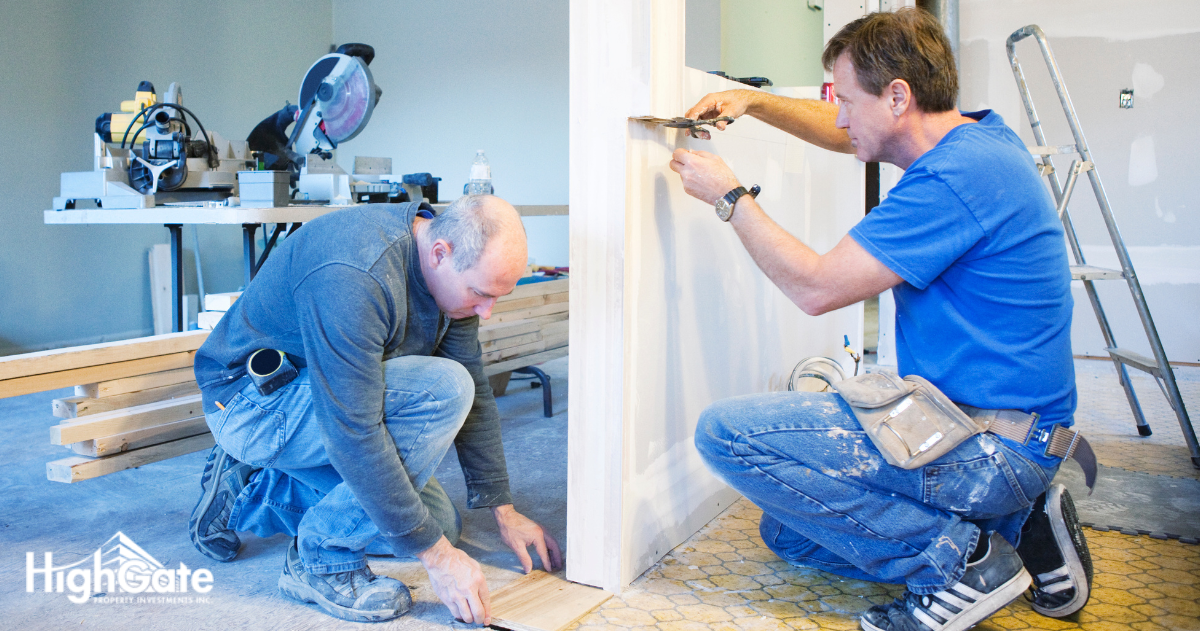First Motion Passes in Path to Toronto Renovictions Bylaw
The City of Toronto has just laid the groundwork to impose extra bylaws on landlords intending to evict tenants in order to upgrade or renovate their units. A proposal was just passed on June 26 by the City to design a list of additional bylaws which would look like the bylaws that Hamilton recently passed in order to curb the abuse of “renovictions.”
On its face, it looks like the City is using Hamilton’s bylaw as a template for designing a Toronto Renovictions Bylaw. Specifically, the proposed bylaws add the following to the current process:
- A requirement for a report from a qualified person stating that the renovations or repairs are required and that vacant possession of the unit is necessary in order to complete them
- A requirement for landlords to provide tenants who have indicated that they want to return with written notice as to when the repairs will be completed and the date
- Give tenants a 60 day grace period to move back in
- Give tenants who fail to provide any of the above 2 years to appeal to the LTB after move-out or 6 months after renovations or repairs are completed
Current RTA obligations when serving an N13 eviction
The bylaw does not amend the process under the Residential Tenancies Act (RTA). It adds new requirements which are not governed under the RTA, but under the City of Toronto (with the exception of the LTB clause.) The RTA currently requires the following when serving a notice to evict for renovations (N13):
- Tenants are given written notice 120 days in advance of the renovations
- Tenants are offered the opportunity to move back into the unit at the same price once the work is completed
- One month to one year of rent is required as part of compensation (refer to the RTA for schedule) or provide alternative accommodations if the landlord has other units to move them to, either temporarily or permanently
Current amendments to the RTA require the landlord to only take this action if the work is extensive, but does not require the landlord to provide a written report from a qualified individual to support their claim.
Bylaws arising from “renovictions” abuse punish law-abiding landlords
With the increase in rents over the past few years, some landlords have been abusing the N13 not to extensively renovate the unit, but to get lower-paying tenants out and higher-paying tenants in. The majority of landlords are interested in maintaining good relationships with tenants and are not looking to do this. However, the ones who have been doing it have garnered extensive media and political attention.
These bad actors have made it so that if good landlords need to conduct major repairs or renovations, they now have to pay for an expensive report and leave the unit vacant for an extra two months if the original tenant needs it. This will have a chilling effect on any upgrades that need to be done to properties, and make it so they will really only be done in practice when a tenant moves or if there is a major structural issue.
If you want to address this before it becomes law, contact your local councillor to raise your concerns. The main issue for landlords is the cost and scope of the report – if an architect or engineer needs to produce it, the cost could run into five figures and quickly eat up any budget for repairs and renovations. While this may be required for structural issues, for all others a licensed home inspector could do the same job for a lot less. It will also make older properties less attractive to buy as investment properties, as they are more likely to have issues during a tenant’s stay.
This incoming bylaw makes it vital to do preventative maintenance on your property. If you don’t have a program in effect now, make sure you are visiting the unit at least twice a year to do any maintenance that needs to be done. This will protect you against future, larger issues that may lead to big bills and a long vacant possession.
While these bylaws haven’t gone into effect yet, they will be on the menu for late 2024 or early 2025. If you’ve been on the fence about hiring property managers, give us a call – we’ll make sure that preventative maintenance gets done and if you do end up in a situation where you need to evict a tenant, we make sure it is done above board and according to provincial and municipal regulations.





